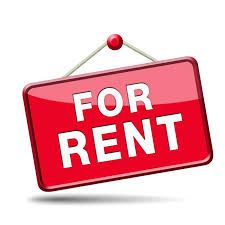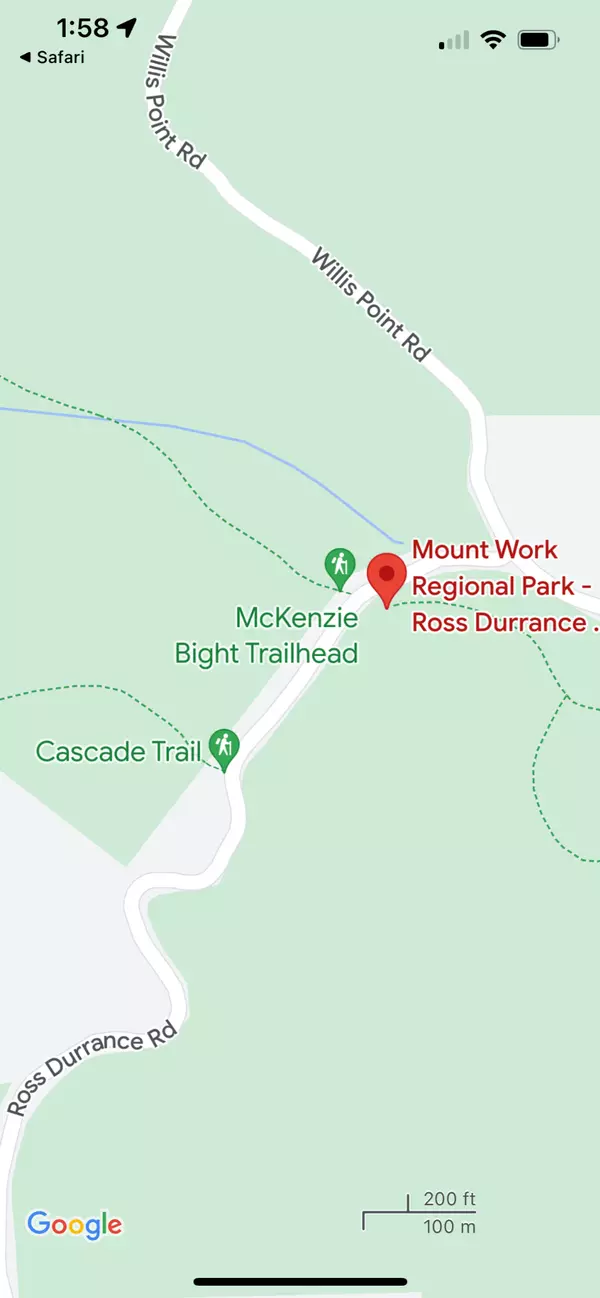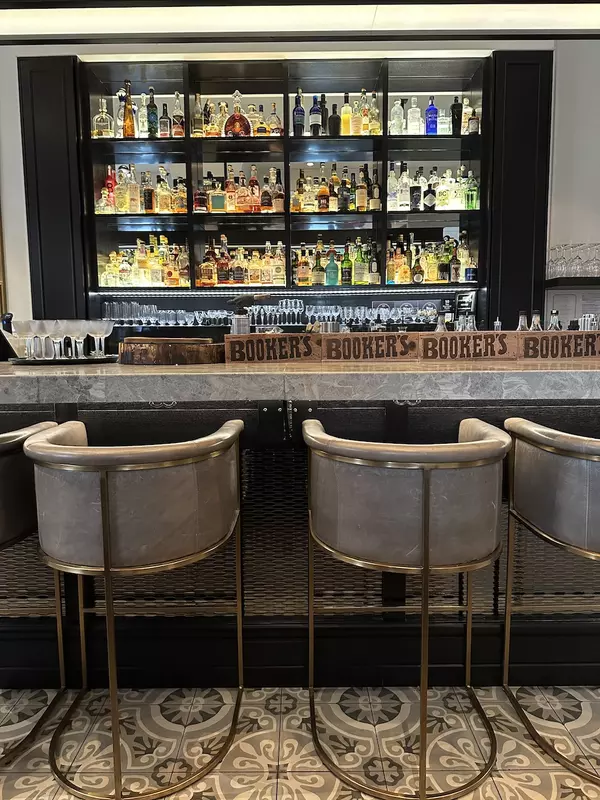Tout de Suite
Tout de Suite: Exploring the World of Suites in CRD and Airbnb
When it comes to the real estate market in the Capital Regional District (CRD), there's an interesting trend that has gained momentum in recent years - the rise of suites and short-term (Airbnb) rentals. With increasing costs of home ownership, suites have become a popular means to offset these higher costs. The growing popularity of income helpers and secondary accommodations make it important for both homeowners and potential tenants to understand the legalities and rules surrounding these arrangements. Upcoming changes (May 2024) will restrict short-term rentals (such as Airbnb, VRBO) in many BC municipalities to allow only one rental unit per residencial property. This includes coach homes, laneway homes, and basement suites. And persons having multiple short-term rentals will be required to transition to longer-term rentals (6 months+) or sell their properties. 
Will these changes be positive for British Columbians? Depends on who you ask, and what stage of life you're in. First time home-buyers may see an increase in inventory if these (former) rentals flood the marketplace. Increased supply generally means a decrease in pricing...but to what extent is still to be determined...This also depends if these properties hit the re-sale market--or if (Airbnb) property owners transition to longer-term rentals as the government is hoping.
Read about the changes here: https://www2.gov.bc.ca/gov/content/housing-tenancy/short-term-rentals
Every municapality has its own set of rules surrounding suites and whether they are legal, permitted, conforming or non-conforming depends on which part of the CRD (Capital Regional Discrict--the greater Victoria area) you call home. Homes next to each other could have entirely different bylaws surrounding the legality and possibility of a suite. The good news is that the CRD seems to agree that allowing suites is a benefit to the greater economy and now are working towards drafting new policies that make suites a more cost-effective (ie fewer permitting hurdles and bureacratic red tape) and budget friendly endeavor.
The important take-aways are:
1. Check with municipality if considering building a suite on an existing property. Certain set-backs, parking requirements, and size constraints may be a factor in what can be built or what is required to meet building codes. Will building the suite add-value, and generate enough income to make it worthwhile? Is there a rental market in the proposed neighborhood?
2. If purchasing an existing property with a suite, determine if the suite was permitted and the municpality knows about it. Some newer properties may have two electrical meters, designated tenant parking, and have notations on title showing the suite is permitted. If relying on rental income to offset mortgage payments, permitted and legal suites can be critical as some lendors will not acknowledge non-permitted space as rental income...or will discount the allowable rent to offset the increased perceived risk. Check with your lender to see what is required. A trip to the local town/city hall may be required to confirm whether zoning allows for secondary suites, and what the requirements would be to transform from illegal to legal secondary living space.
3. If you're considering a home with a suite, consider the financial and emotional costs of being a landlord and having someone live under the same roof. Set out clear expectations for tentants and have rental/tenancy agreements in place help to protect both the tenant and the homeowner/landlord. Tenants have rights and are protected by legislation that set out terms for rent payment, rental increases, arbitration proceedings, and termination. These aren't just suggestions. They are laws that can and will be enforced. Expect and budget for tenant move-outs, vacancies, and wear-and tear that necessitate repairs. Additional utilities for extra laundy, heat, and power need to be considered when determining if the property is suitable for a suite. 
Everyone has heard of the worst-case scenario with a "tenant from hell". Or perhaps have the "worst landlord ever" story? While many disagreements can be cured with communication, it is always best to set forth clear expectations, policies, and consequences early on...and to treat the tenancy as a business. Document everything, communicate in writing, provide written receipts, and follow legislational guidelines set forth by the province. Take time to find the right tenant, check references, and don't ignore your gut.
Familiare yourself with the Landlord and Tenancy Act and all of the resources available through BC government website: BC Housing & Tenancy: Becoming a Landlord.
While this is not an exhaustive guide to managing rentals and tenancy agreements, it is important for first-time home buyers (or homeowners new to suite ownership), to familiarize themselves with the laws and regulations surrounding homes with income suites and to understand the marketability of rentals in their respective areas. As always, reach out if you're considering purchasing a home with a suite, and we can discuss it's suitability. Suite-ability? You get the idea.
250 580 6567 or craig.barkway@evrealestate.com
Categories
Recent Posts








